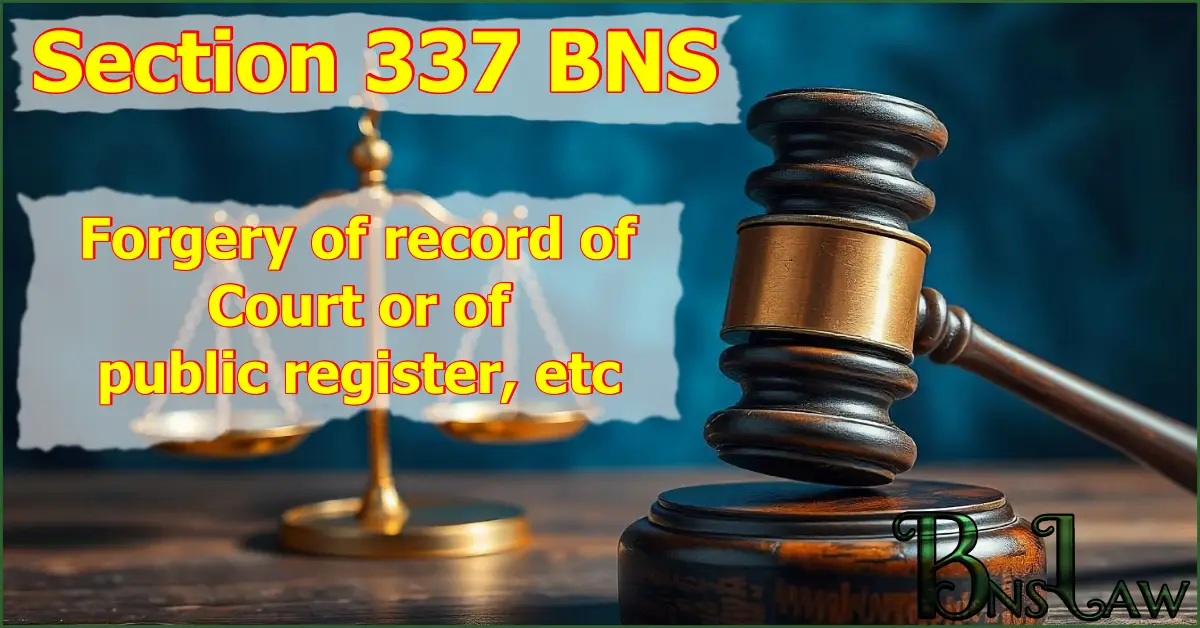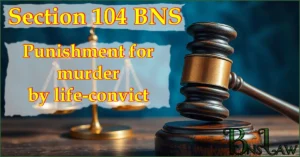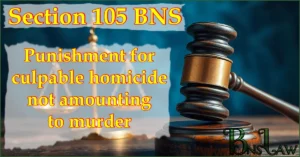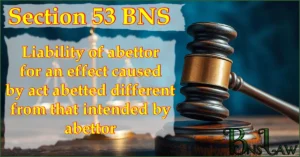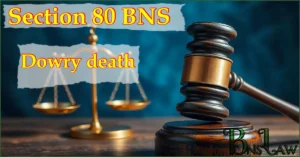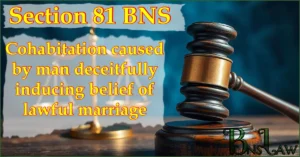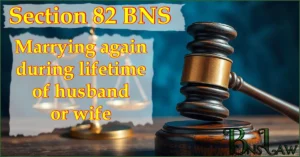Section 337 BNS | BNS 337
Whoever forges a document or an electronic record, purporting to be a record or proceeding of or in a Court or an identity document issued by Government including voter identity card or Aadhaar Card, or a register of birth, marriage or burial, or a register kept by a public servant as such, or a certificate or document purporting to be made by a public servant in his official capacity, or an authority to institute or defend a suit, or to take any proceedings therein, or to confess judgment, or a power of attorney, shall be punished with imprisonment of either description for a term which may extend to seven years, and shall also be liable to fine.
Explanation— For the purposes of this section, “register” includes any list, data or record of any entries maintained in the electronic form as defined in clause (r) of sub-section (1) of section 2 of the Information Technology Act, 2000 (21 of 2000).
READ OTHER SECTIONS OF CHAPTER XVIII — OF OFFENCES RELATING TO DOCUMENTS AND TO PROPERTY MARKS
FAQs of BNS Section 337
-
337 BNS punishment and fine
Punishment and fine under Section 337 of the BNS: Imprisonment for 7 years and fine.
-
337 BNS cognizable or not
The offence under Section 337 of the BNS is non-cognizable.
-
337 BNS bailable or not
The offence under Section 337 of the BNS is non-bailable.
-
337 BNS trial court
Offence specified in Section 337 of the BNS is triable by the Magistrate of the first class.
Important Points
- Cognizable Offences: These are offences where a police officer can arrest a person without a warrant.
- Non-Cognizable Offences: These are offences where a police officer cannot arrest a person without a warrant.
- Bailable Offences: These are offences where the accused can get bail from the police station itself. All bailable offences are listed in the First Schedule of the Bharatiya Nagarik Suraksha Sanhita (BNSS).
- Non-Bailable Offences: Offences in which bail is not granted directly from the police station but after hearing the case in the court, the judge decides when bail will be granted. All non-bailable offences are listed in the first schedule of the Bharatiya Nagarik Suraksha Sanhita (BNSS).
- In the above FAQ, “trial court” means the court that has jurisdiction to try the offence.
- In the above FAQ, the expression “Magistrate of the first class” and “Any Magistrate” does not include Executive Magistrates.
Read other Sections of the BNS
Reference Link: New Criminal Laws (BNS), Ministry of Home Affairs

